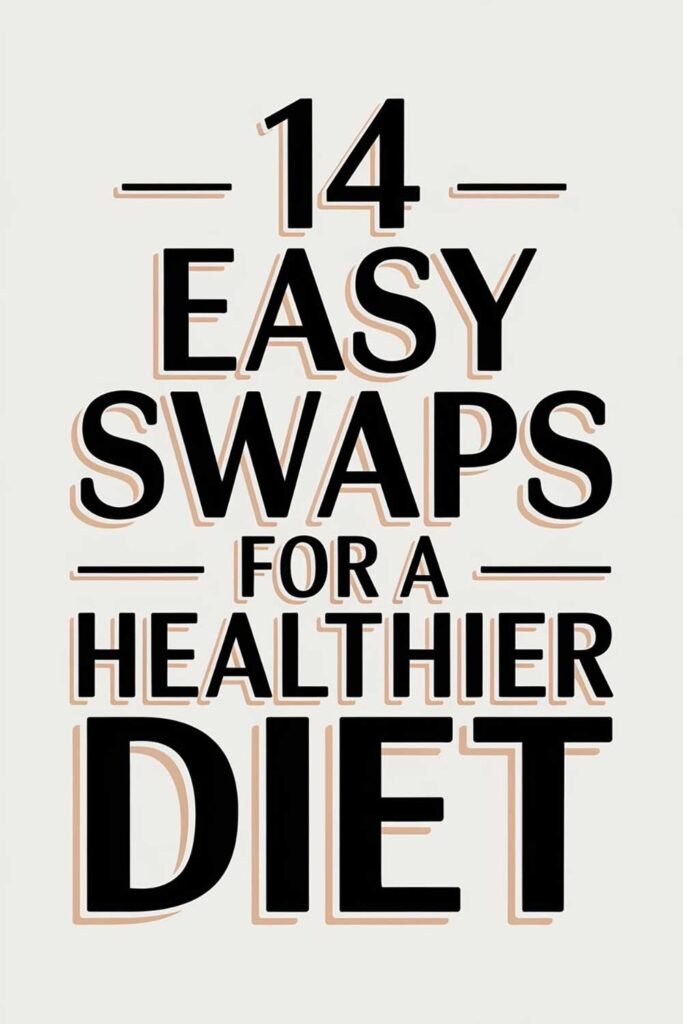9 Strategies for Managing Emotional Eating
Emotional eating is a common response to stress, boredom, sadness, or even happiness. Many people turn to food for comfort, but relying on eating as a coping mechanism can lead to unhealthy habits and unwanted weight gain. Learning how to manage emotional eating can help you develop a healthier relationship with food and improve overall well-being. Here are nine strategies to help you take control of emotional eating and make more mindful choices.

1. Identify Your Triggers
Understanding what causes emotional eating is the first step toward managing it. Common triggers include stress, boredom, loneliness, anxiety, and even social situations.
How to Apply This Strategy:
- Keep a food and mood journal to track when and why you eat.
- Identify patterns in your emotional eating habits.
- Recognize if you’re eating out of hunger or emotional need.
2. Practice Mindful Eating
Mindful eating helps you focus on the experience of eating rather than using food as a distraction or emotional outlet. It allows you to enjoy food while being fully aware of hunger and satiety cues.
How to Apply This Strategy:
- Eat slowly and without distractions (no TV or scrolling on your phone).
- Savor each bite, paying attention to taste, texture, and aroma.
- Check in with yourself halfway through a meal to see if you’re still hungry.
3. Find Alternative Coping Mechanisms
Since emotional eating is often a way to deal with stress or negative emotions, finding healthier coping strategies can reduce the urge to eat for comfort.
Healthy Alternatives:
- Practice deep breathing exercises or meditation to manage stress.
- Engage in a creative hobby like painting, writing, or playing music.
- Call a friend or take a walk instead of turning to food.
4. Differentiate Between Physical and Emotional Hunger
Emotional hunger often comes on suddenly and leads to cravings for specific comfort foods, while physical hunger develops gradually and is satisfied with a variety of foods.
How to Apply This Strategy:
- When you feel hungry, pause and assess if it’s true physical hunger.
- Ask yourself: “Am I truly hungry, or am I eating to soothe emotions?”
- If it’s emotional hunger, try distracting yourself with another activity.
5. Remove Temptations and Stock Healthy Foods
Keeping junk food readily available makes emotional eating harder to resist. Instead, stocking up on nutritious options can help you make healthier choices.
How to Apply This Strategy:
- Remove highly processed snacks and sugary treats from your home.
- Keep healthy snacks like fruit, nuts, yogurt, and hummus available.
- Plan balanced meals in advance to prevent impulsive food choices.
6. Develop a Consistent Eating Routine
Irregular eating patterns can lead to energy crashes, cravings, and overeating later in the day. Having a structured meal schedule helps regulate appetite and prevent binge eating.
How to Apply This Strategy:
- Eat balanced meals at regular times each day.
- Include protein, fiber, and healthy fats to keep you full longer.
- Avoid skipping meals, as it can lead to stronger cravings later.
7. Address Emotional Needs Without Food
Many times, emotional eating is a response to unresolved feelings. Addressing emotions in a healthy way can break the cycle of using food as an emotional crutch.
How to Apply This Strategy:
- Journal your emotions instead of eating when stressed or upset.
- Try talking to a therapist or support group for emotional support.
- Engage in self-care activities like reading, taking a bath, or exercising.
8. Allow Yourself to Enjoy Treats in Moderation
Completely restricting certain foods can lead to stronger cravings and binge-eating episodes. Instead, allow yourself to enjoy treats in moderation without guilt.
How to Apply This Strategy:
- Practice the 80/20 rule (80% healthy eating, 20% indulgence).
- Eat treats mindfully and without distraction to fully enjoy them.
- Avoid labeling foods as “good” or “bad”—focus on balance instead.
9. Seek Support and Accountability
Having a support system can help you stay accountable and make it easier to manage emotional eating habits.
How to Apply This Strategy:
- Talk to a trusted friend, family member, or therapist about your struggles.
- Join a support group for mindful eating or emotional wellness.
- Set realistic goals and track progress in a journal or app.
Inspirational Quotes About Healthy Eating and Emotional Well-Being
- “Eat to fuel your body, not to feed your emotions.” – Unknown
- “Your relationship with food is a reflection of your relationship with yourself.” – Geneen Roth
- “It’s not about eating less, it’s about eating right.” – Unknown
- “Mindful eating is a way to become reacquainted with the guidance of our internal nutritionist.” – Jan Chozen Bays
- “Taking care of yourself doesn’t mean me first, it means me too.” – L.R. Knost
- “You are not alone in your struggles. Reach out, find support, and take control of your health.” – Unknown
- “Don’t let a bad day turn into a bad week because of emotional eating.” – Unknown
- “Food should be about nourishment, not guilt or shame.” – Unknown
- “Happiness is homemade – nourish your body and mind with love and care.” – Unknown
- “A small step towards mindfulness is a big step towards lasting health.” – Unknown
Picture This
Imagine sitting down for a meal and feeling completely in control. You’re aware of what your body needs, and you eat with intention, savoring every bite. There’s no guilt, no stress—just enjoyment. When you feel emotional, you have tools other than food to help you cope, whether it’s a walk outside, a deep breath, or a supportive conversation with a friend. Food is no longer a source of anxiety but a way to nourish and support your body. How would your life change if you mastered emotional eating?
Please Share This Article
If you found this article helpful, please share it with anyone struggling with emotional eating who could benefit from these mindful strategies!
Disclaimer
Results may vary. Always consult with a doctor before making any health-related changes. The information in this article is for informational purposes only, and we disclaim any responsibility for its use.






